.jpg)
Blackwater troops (courtesy Heath Powell)
A group of United Nations human rights experts have accused US president Donald Trump of violating international law after he pardoned four Blackwater private security contractors who were serving prison sentences for killing 14 innocent Iraqi civilians, including two children, in Baghdad in 2007.
According to the US Justice Department, at around noon on 16 September 2007, several contractors opened fire indiscriminately in Nisour Square. When the shooting stopped, Iraqi authorities ruled 17 Iraqi civilians had been killed. An FBI investigation concluded there were 14 deaths, including that of two children aged 9 and 11, and said the deaths were considered unjustified under the rules of the use of deadly force.
“Pardoning the Blackwater contractors is an affront to justice and to the victims of the Nisour Square massacre and their families,” said Jelena Aparac, chair of the UN working group on the use of mercenaries, said in a statement.
“These pardons violate US obligations under international law and more broadly undermine humanitarian law and human rights at a global level.”
The contractors argued that they mistakenly believed they were under attack and were backed by defence attorneys who contended that eye-witnesses who testified that the contractors opened fire without provocation were fabricating their stories. The defence was presented despite a 2007 congressional report based on internal documents from Blackwater and the U.S. State Department noting that in over 80% of the cases examined Blackwater reported that its forces fired first.
The US federal jury in 2014 found Blackwater contractors — Nicholas Slatten, Paul Slough, Evan Liberty, and Dustin Heard — guilty on account of multiple charges of voluntary and attempted manslaughter and were sentenced to 30 years in prison each.
At the sentencing, the US attorney’s office said in a statement, “The sheer amount of unnecessary human loss and suffering attributable to the defendant’s criminal conduct on 16 September 2007 is staggering.”
Six years later, the Blackwater contractors are one of several who have been pardoned by the Trump administration. In recent months, Trump has granted pardons to many American service personnel and contractors accused or convicted of crimes against civilians.
Trump pardoning the four men involved has reignited the tensions caused by the incident. A White House statement mentioned Slatten, Slough, Liberty, and Heard’s “long history of service to the nation” as veterans of the U.S. Army and U.S. Marine Corps, and described their pardons as “broadly supported by the public…and elected officials.”
Jasim Mohammed Al-Nasrawi, a police officer who was injured in the attack told CNN,
“I am still not a hundred percent recovered from my head wound, which [was] sustained in the gunfire by Blackwater guards in 2007, and have not been completely compensated for the attack. I will not waive my right to this case, I am not giving up.”
Read more The Guardian here, Reuters here, Al Jazeera here and BBC here.
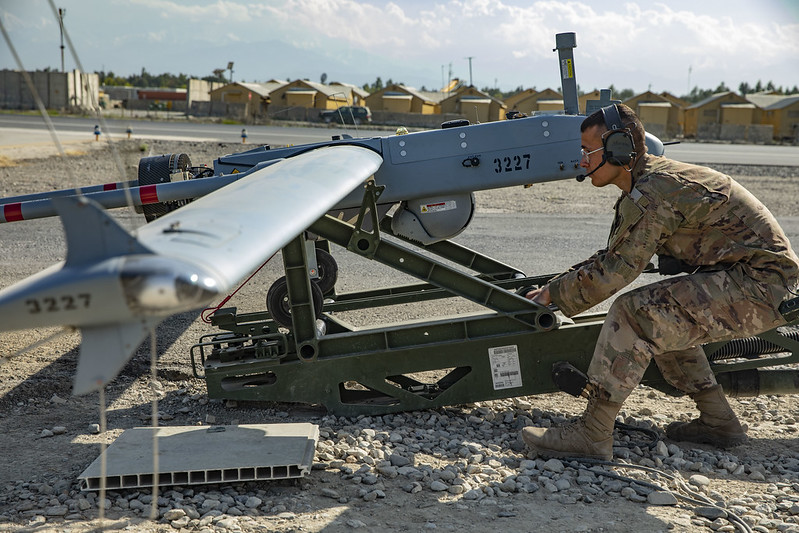

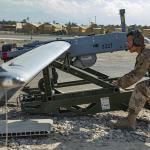

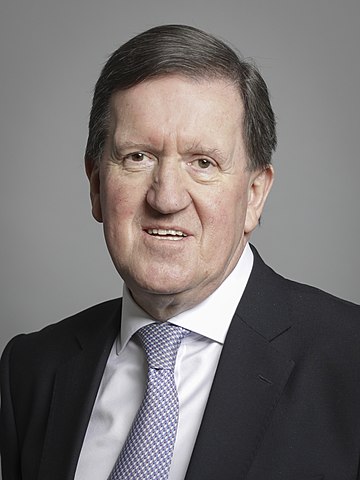
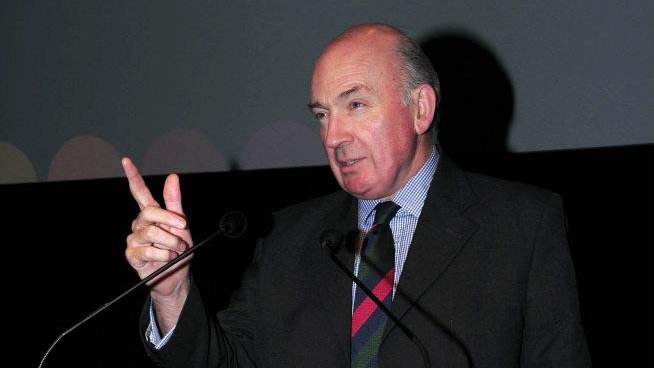



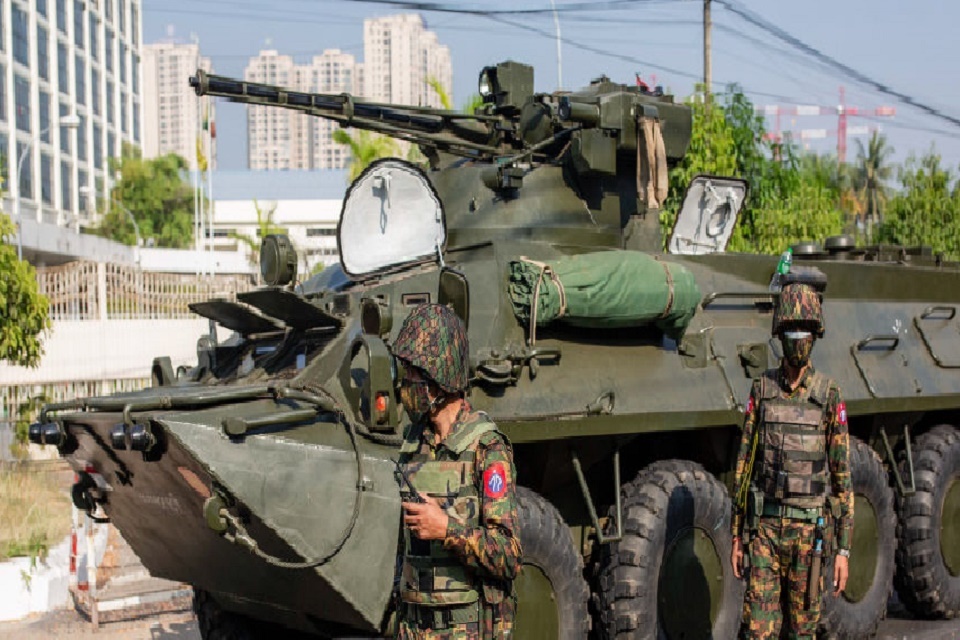

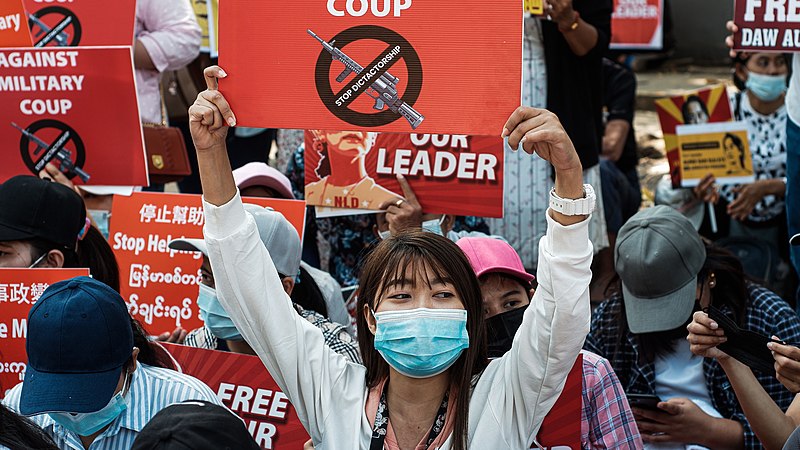

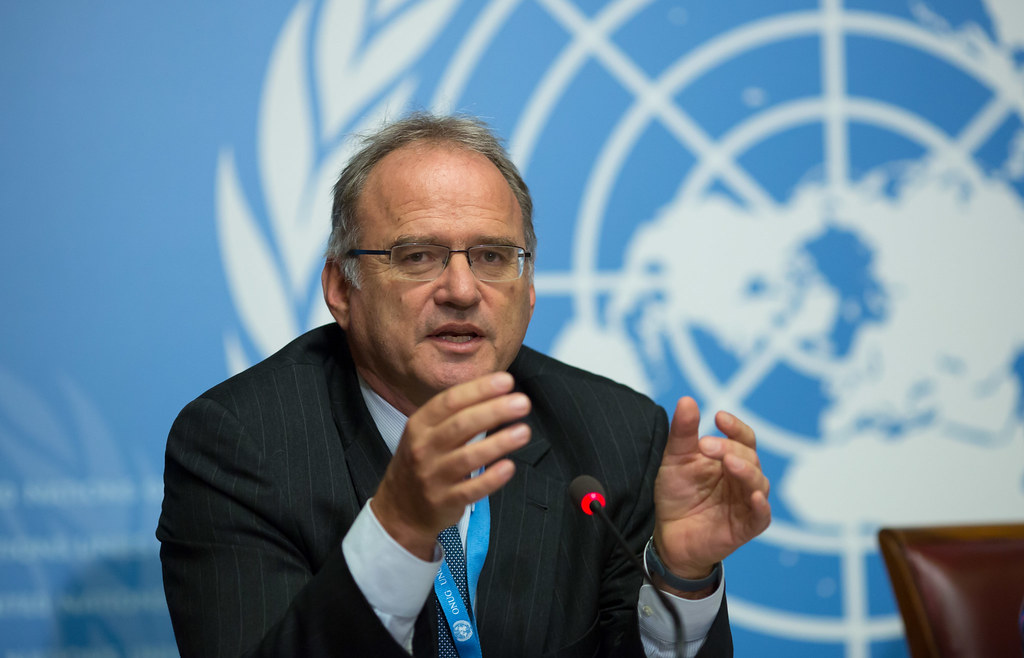



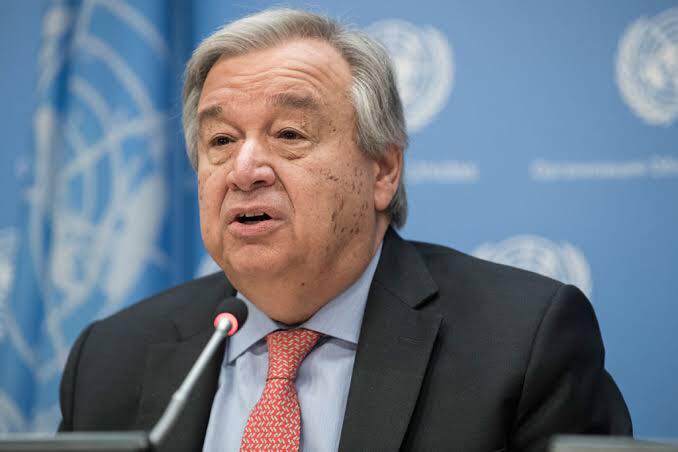

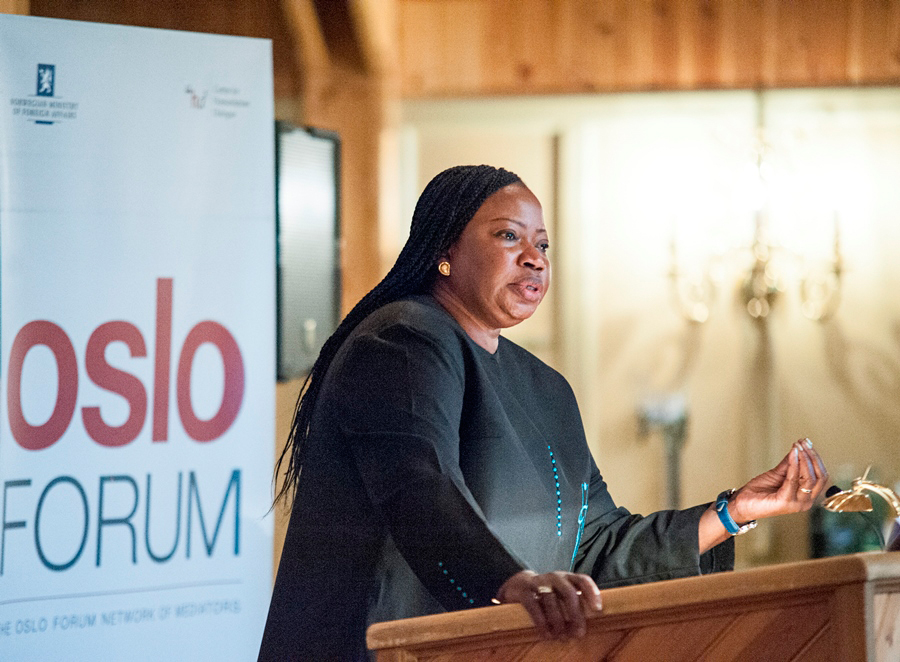

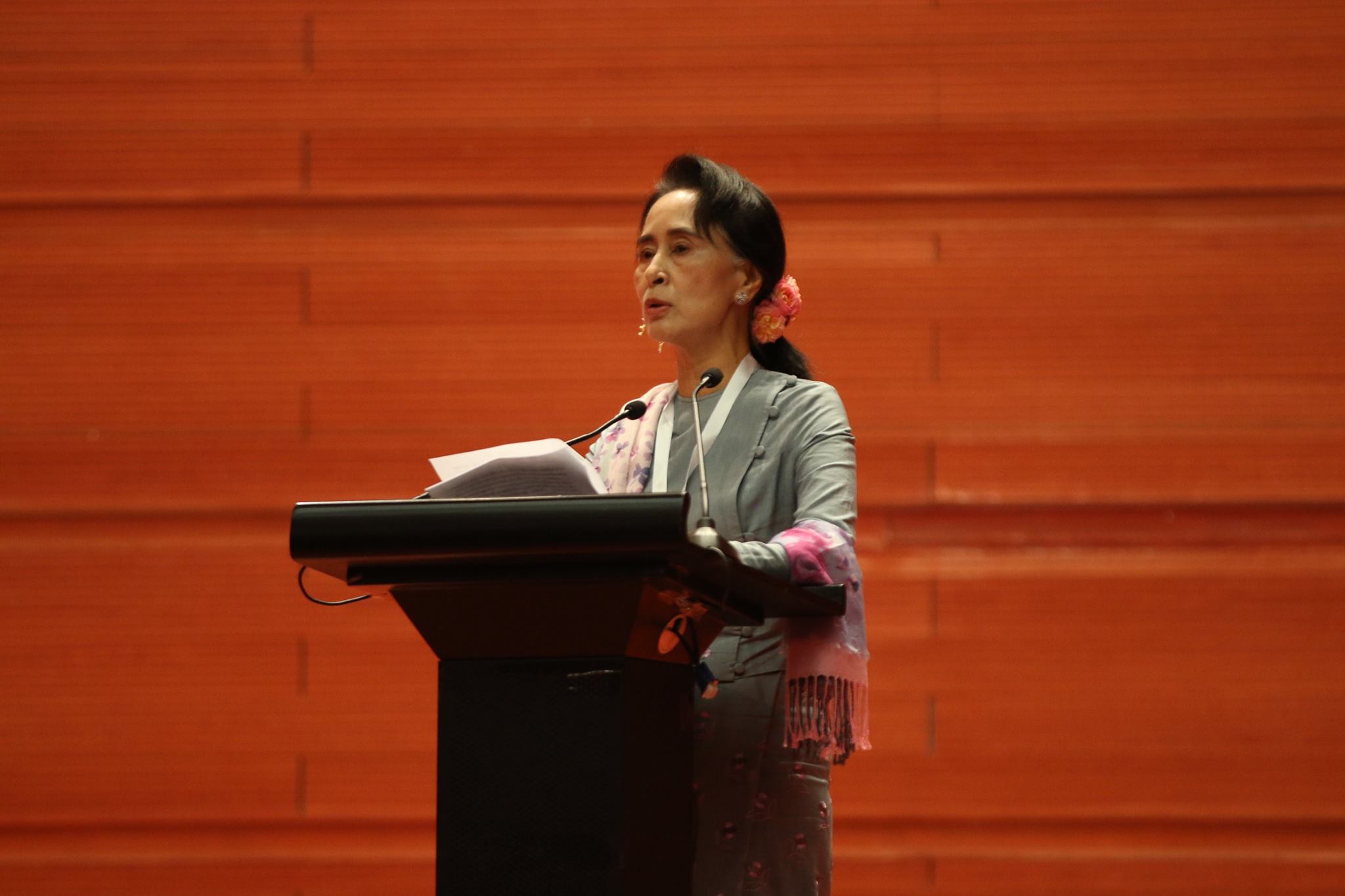



.jpg)